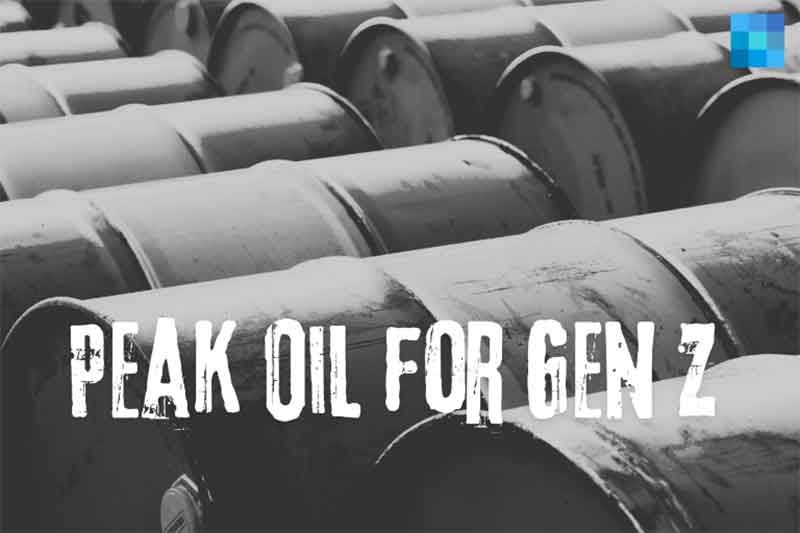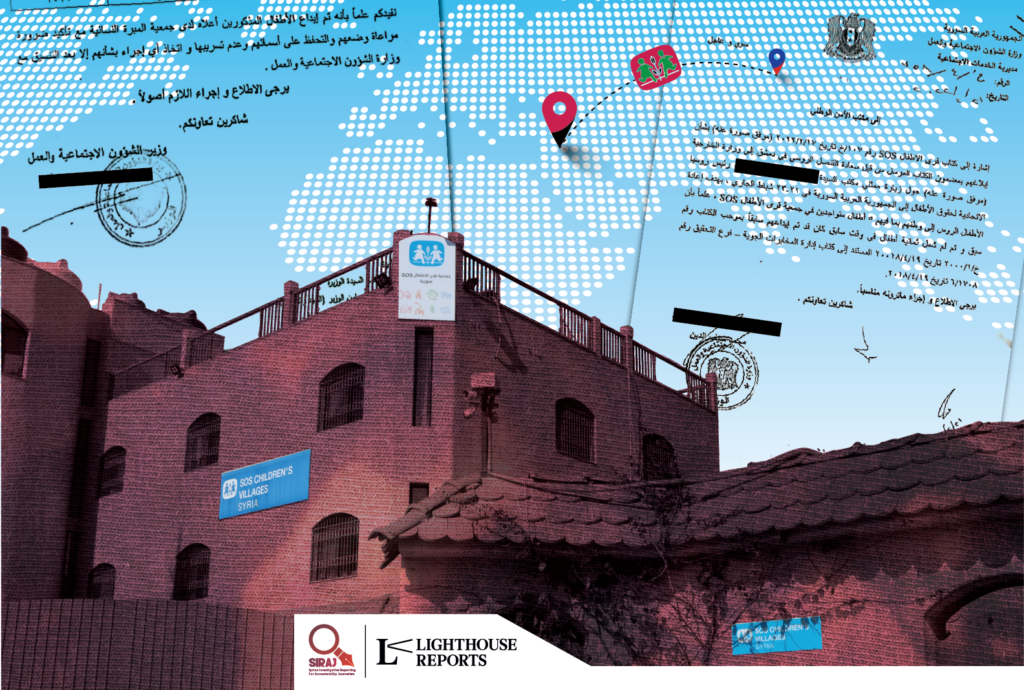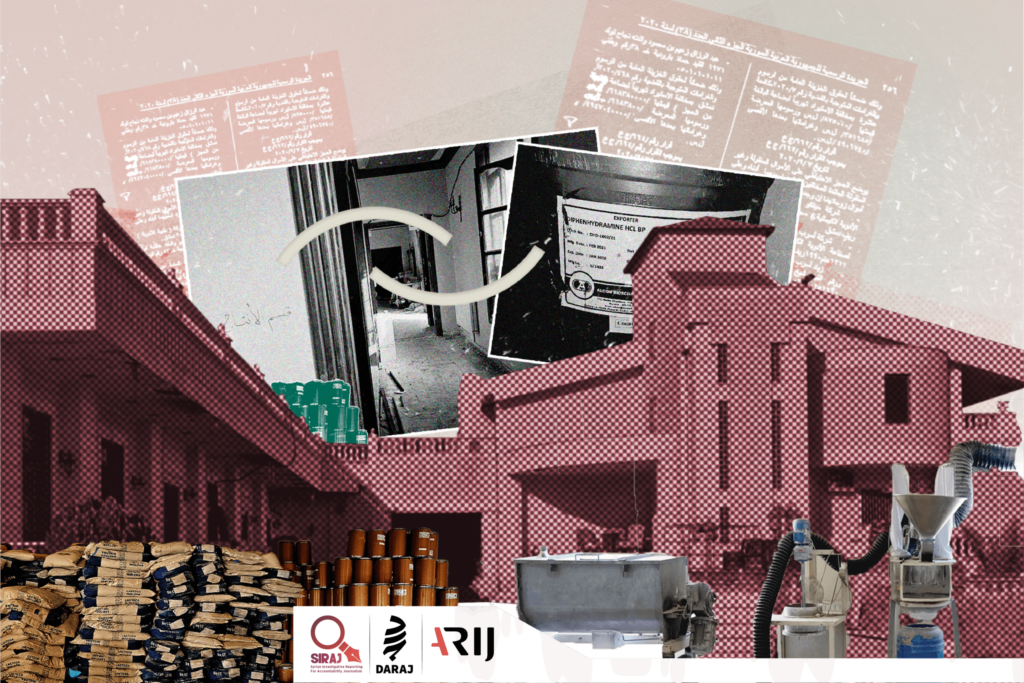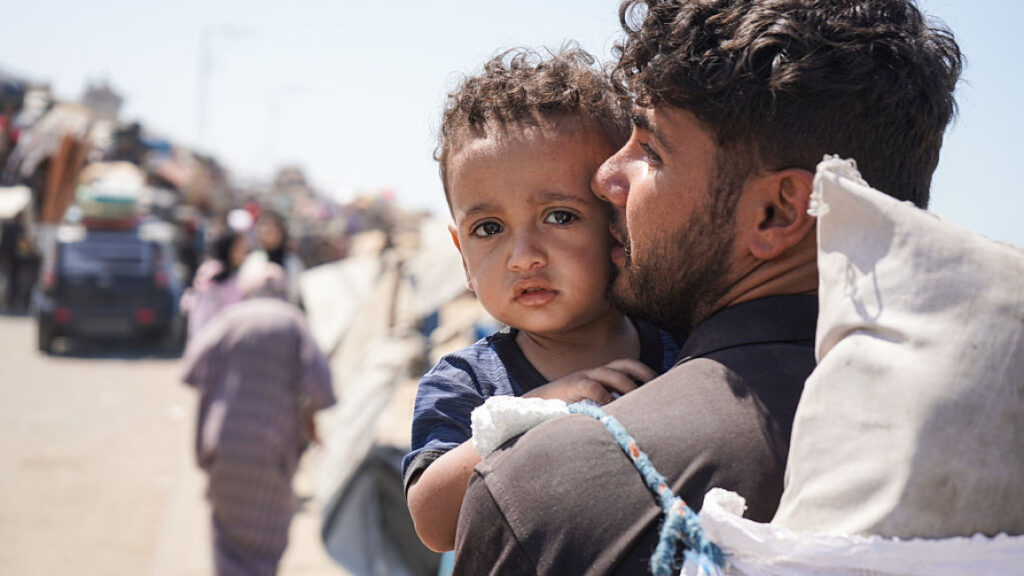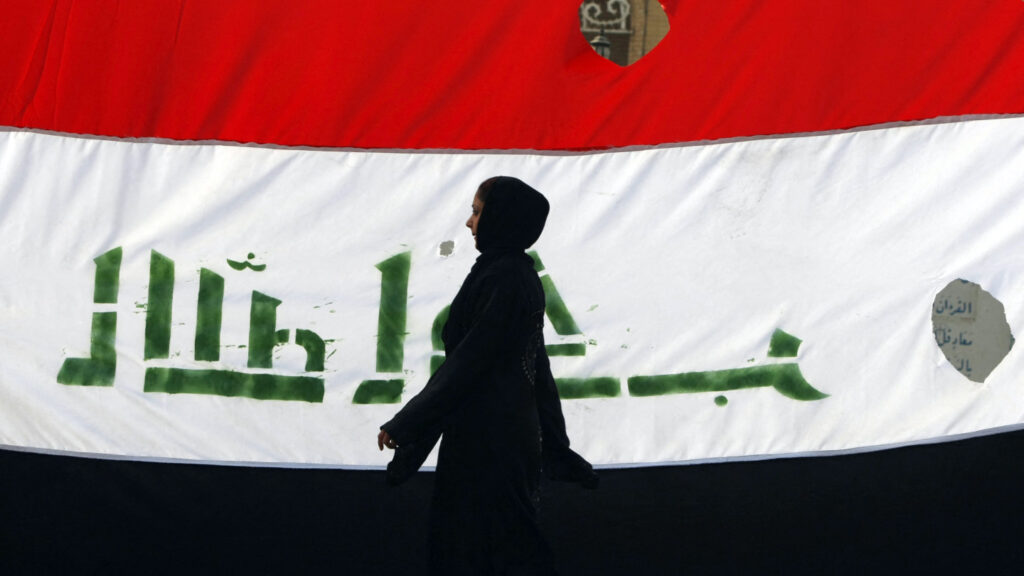America’s Peace to End All Peace
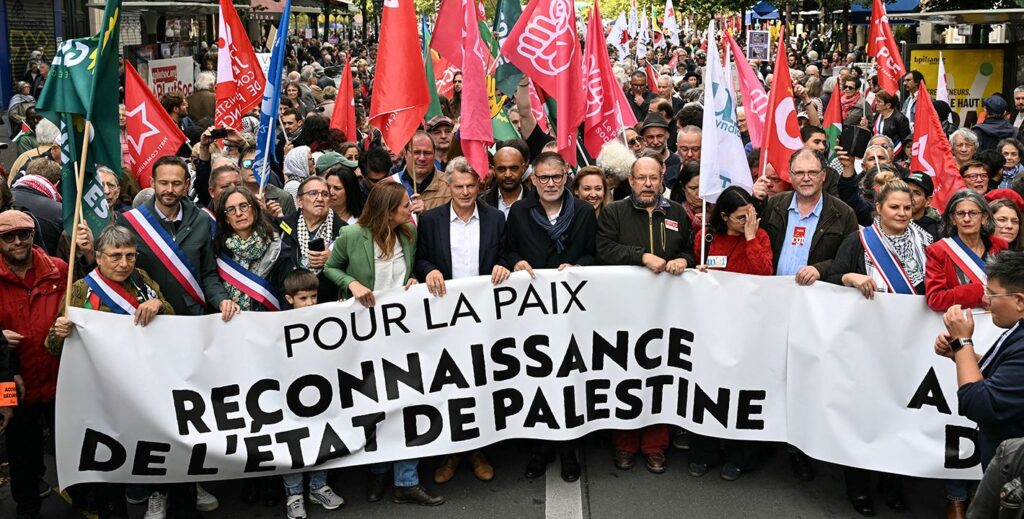
Israel’s strategy in recent weeks has been to disparage the decision of several countries to recognize the state of Palestine. Yet when France, the United Kingdom, Canada, Australia, Portugal, and Belgium, took such a step at the United Nations early this week, or indicated that they would, the Israeli and American reaction was anger. How strange, and telling, that a decision the Israelis and their advocates had ridiculed as “childish” and “performative,” even “an absurdity,” could provoke so excessive a response.

